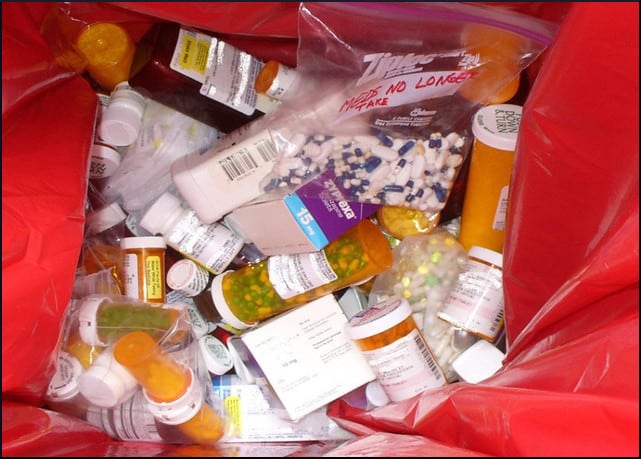
The previous Childhood Obesity News post looked at some pills either shown or believed to have the potential to deal with compulsive overeating. A company called Adial developed a genetically targeted therapeutic agent that it believed could treat alcohol use disorder (AUD). The Phase 2 clinical trials showed “promising results in reducing frequency of drinking, quantity of drinking and heavy drinking… and no overt safety concerns.” As we have seen, bringing a new drug to the marketplace can take years.
Earlier this year, Adial Pharmaceuticals announced that about one-third of Americans have the genetic makeup that responds to AD04, amounting to “a $36 billion potential market.” In some parts of the world, the proportion may be as high as half the population. In 2018 Adial gained approval for its Phase 3 clinical trial of AD04, and Eurofins Scientific is helping to prescreen trial participants for the correct genetic markers. Interested parties in other areas are keeping an eye on this, because the drug is believed to have the potential to treat not only AUD but opioid use disorder, gambling, and obesity.
As yet unknown
Also earlier this year, news emerged from the University of Texas Medical Branch at Galveston, via Behavioural Brain Research, of a drug that might turn off cravings by disabling the capacity for perseverance. ScienceDaily.com reported on how lab rats were first trained to “work for fatty treats” by pressing a lever. The researchers would continually up the ante:
To measure craving and motivation, the researchers kept increasing how many times the rats needed to press the lever in order to receive the treat until the rat gave up trying.
Next, half of the rats underwent a surgical procedure that blocked the effects of a brain chemical called neuromedin U receptor 2 within a region of the brain that regulates food intake. The other half of the rats did not receive this treatment.
After surgical recovery, the researchers found that the rats who had been treated did not work nearly as hard for fatty treats as their unaltered counterparts did.
It would be preferable to accomplish this without brain surgery. The substance known as NMUR2 aids in controlling food intake and body weight, food craving and binge eating, by affecting the hypothalamus. It combats temptation, but lead researcher Dr. Jonathan Hommel acknowledges that this discovery is only a first step, saying,
We are planning to develop new drugs to help curb those cravings. Although it may be years before the drug is ready.
But maybe there are excellent reasons for humans to crave fatty foods. Recent research suggests we have been lied to for a long time, about the awfulness of dietary fat. Also, the terrible secret faced by the makers and developers of anti-obesity pills and injectables, is that obsolescence may be staring them in the face. The market for those commodities could dry up, as the corporations find themselves and their rivals competing in a whole new ball game, manufacturing nothing but “implantable neuroregulatory devices for treating obesity.”
Your responses and feedback are welcome!
Source: “Adial Pharmaceuticals Engages CRO to Begin Phase 3 Clinical Trials of AD04 for the Treatment of Alcohol Use Disorder,” AdialPharma.com, 11/19/18
Source: “A Cure for Alcohol Abuse?,” Virginia.edu, 03/14/19
Source: “Luxembourg company to help Adial with trials,” DailyProgress.com, 05/12/19
Source: “New insights into why we crave fatty foods when dieting,” ScienceDaily.com, 01/24/19
Source: “Anti-obesity Drugs Market 2018-2022,” NormanGazette.com, 07/15/19
Photo credit: Oregon State University on Visualhunt/CC BY-SA

 FAQs and Media Requests:
FAQs and Media Requests: 











